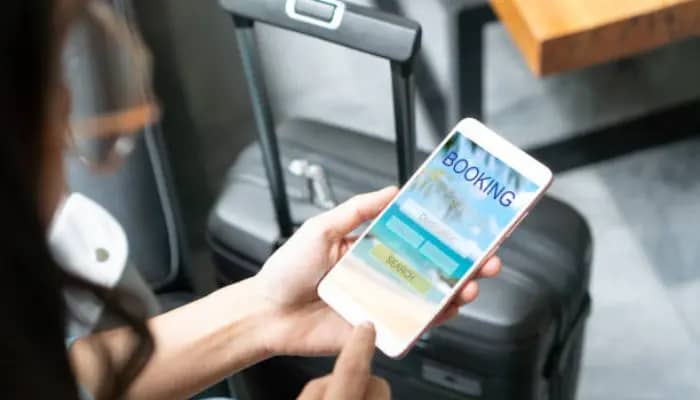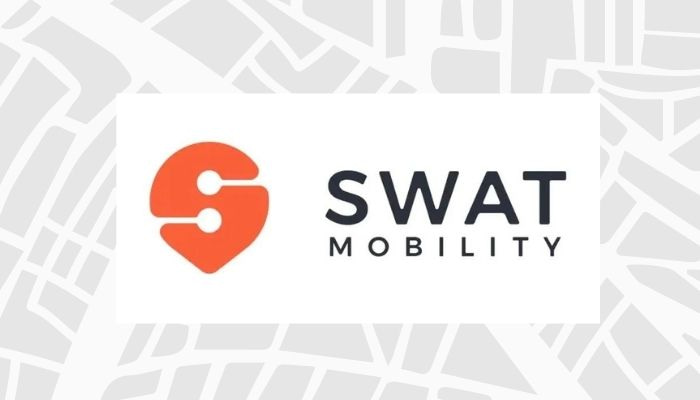Singapore – Along with the peak season of summer 2023, consumers are turning to their mobile devices more than ever before for travel and transportation needs, increasing year-over-year usage by 14%, which is more than three times the total from the summer of 2020 during the COVID-19 pandemic, according to a report by mobile analytics provider data.ai.
Data from the report mainly suggests that time spent in travel apps reached new heights with time spent on Android phones surpassing four billion hours, or an average of more than one billion hours per month, between May and August 2023.
Interestingly, the increase in time spent between 2022 and 2023 came mostly from apps used for more day-to-day travel, not vacations. Transportation apps and rail & coach booking apps had significant increases in time spent in the summer 2023 season.
Meanwhile, apps related to vacation and business travel like integrated travel service, hotel booking, and airline apps, were able to mostly maintain the gains seen from the previous year, with time spent in these apps notably surging in the summer of 2022 with consumers planning trips for the first time since the start of the pandemic.
The report also listed the travel and transportation apps that saw the most time spent in the summer of 2023, with transportation apps being prominent in the list with apps such as Where is my Train, inDrive, and Grab Driver being top breakout apps of the season.
However, apps outside of the transportation subgenre such as Flightradar24, United Airlines, Trainline, and Jet2 managed to reach the top breakout rankings in many key markets like the US and the UK.
“The trend seen in the results suggests that this is not just a one-off spike following the pent-up demand after pandemic-related travel restrictions, and that these travel and transportation apps will continue to see positive growth, especially during peak travel seasons,” data.ai said in a press statement.





